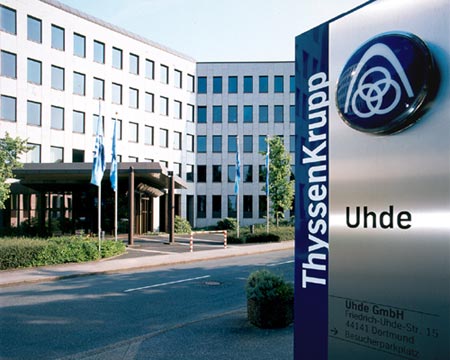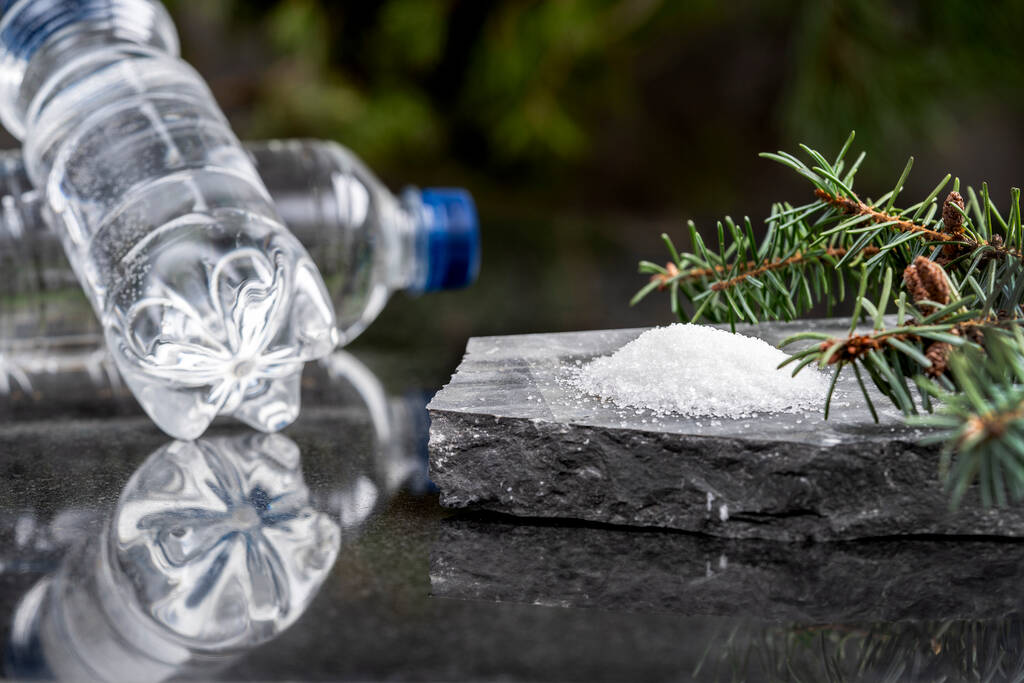European engineering firm ThyssenKrupp has been pretty active in the biobased chemicals industry with its partnership with Myriant on production of bio-succinic acid as well as its bio-based polybutylene succinate (PBS) business. The company has also partnered with BASF on looking to produce syngas using waste CO2 from industrial processes.
Last week, ThyssenKrupp announced that it has inaugurated Europe’s first multi-purpose fermentation plant in Leuna, Germany, which will have a capacity of more than 1,000 tons/year to continuously produce biobased chemical intermediates such as lactic acid and succinic acid for use as starting materials for biodegradable plastics such as polylactic acid (PLA) and PBS.
The €20m facility will enable ThyssenKrupp to further expand its research and development activities in these biobased chemicals, as well as to test its laboratory-developed fermentation and processing technologies on an industrial scale. ThyssenKrupp said it has extensive expertise in industrial biotechnology — from basic research to the operation of industrial-scale pilot plants.
Just going back to the Myriant partnership, the company and ThyssenKrupp Uhde have worked together since 2009 in making bio-succinic acid process cost-competitive and to produce the highest purity product at commercial scale. Myriant said it has been able to achieve 3m lbs/year (1,360 tonnes/year) operating rate producing bio-succinic acid at ThyssenKrupp’s Leuna plant since April this year.
ThyssenKrupp started offering last year its service to construct facilities that can produce at least 40 ktpy of PBS that can either be completely or partially biobased. PBS is produced from succinic acid and 1,4 butanediol (BDO) in a continuous polycondensation process.
As for PLA, ThyssenKrupp said its team of engineers and scientists have worked for five years to develop a licensable process for the production of lactic acid.





